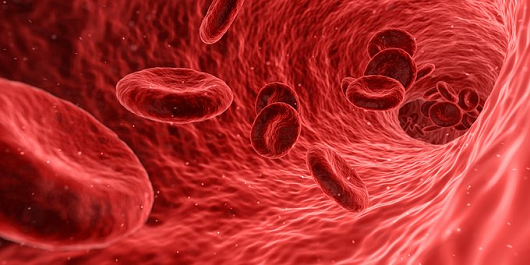
Your hormones are important, says Marla Ahlgrimm. So much so that your endocrine system – a series of glands that produce hormones – has a role in your health from top to bottom throughout your entire life. Here, Ahlgrimm answers a few questions on the topic.
Q: What, exactly, does the endocrine system do?
Marla Ahlgrimm: The endocrine system is made up of many different glands. These glands push hormones throughout the body via the bloodstream. Once there, they can be distributed where they’re needed. These hormones are crucial to reproductive and metabolic development. They work with other hormones to affect mood, physical growth, and organ function.
Q: Which glands are in the endocrine system?
Marla Ahlgrimm: There are more than half a dozen glands that produce hormones. These include the thyroid, adrenals, hypothalamus, and pituitary gland. The testes and ovaries are also part of the endocrine system and are specific to men and women respectively.
Q: Which is the most important?
Marla Ahlgrimm: The only real answer to this question is that they are all equally important. The pituitary gland, for example, affects how the body handles nutrients and minerals. The thyroid plays a significant role in nervous system and brain development. The lesser-known pineal gland is the body’s melatonin factory, and melatonin is a hormone that regulates the sleep, wake cycle.
Q: Is it possible to ensure endocrine system health?
Marla Ahlgrimm: For the most part yes, however, hereditary conditions, accidents, and other causes can trigger changes within this vital system. The vast majority of people, however, will find that a combination of a healthy lifestyle and regular preventative medical checkups will reduce their chances of experiencing thyroid disease, diabetes, or other system malfunction.
